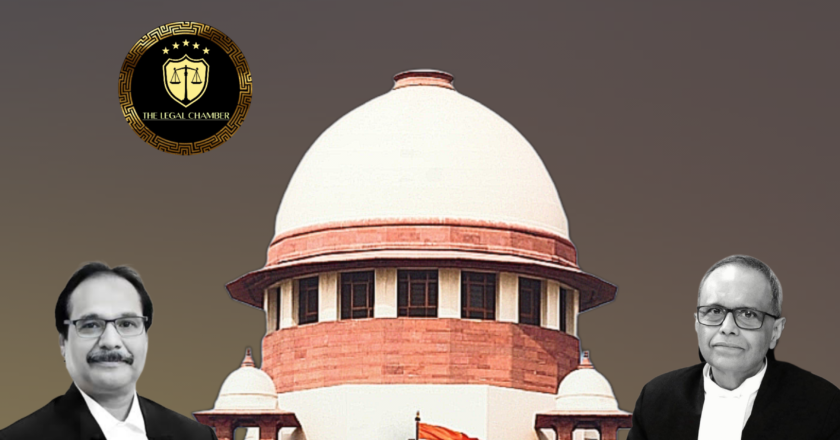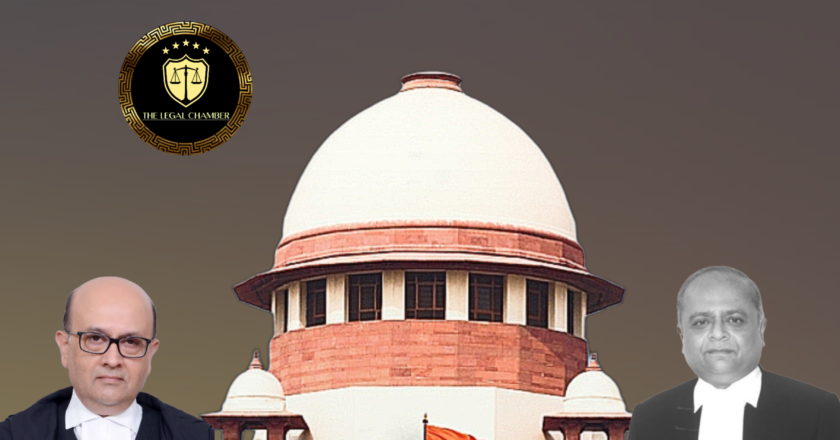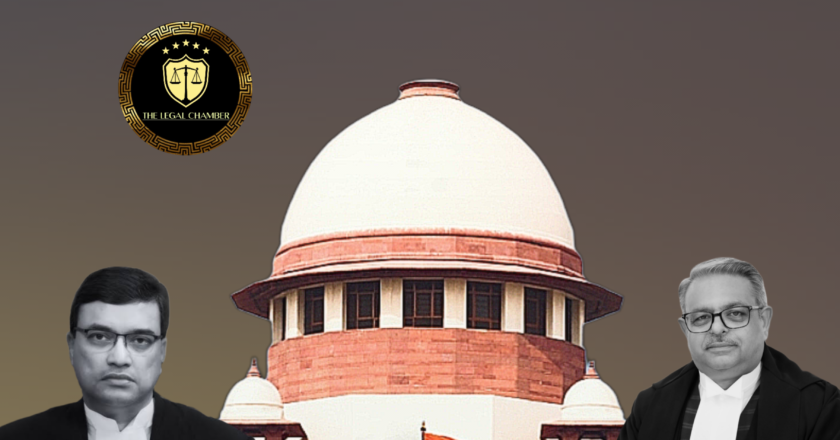Supreme Court: Death of Appellant Before Hearing Renders Appellate Judgment Void
The Supreme Court held that a decree passed in favor of deceased appellants, whose legal heirs were not substituted, is a nullity. Consequently, the original trial court decree revives and is executable, as a null appellate decree cannot supersede a valid prior decree.
Facts Of The Case:
The legal heirs of Arjunrao Thakre filed a civil suit challenging the re-allotment of his agricultural land to defendants 3 to 5. The trial court decreed the suit in 2006, declaring the plaintiffs as owners and the subsequent allotment illegal. Defendants 4 and 5 appealed. During the pendency of this first appeal, both appellants died—defendant 4 in 2006 and defendant 5 in 2010—but their legal heirs were never brought on record. Unaware of the deaths, the first appellate court heard and partl...









